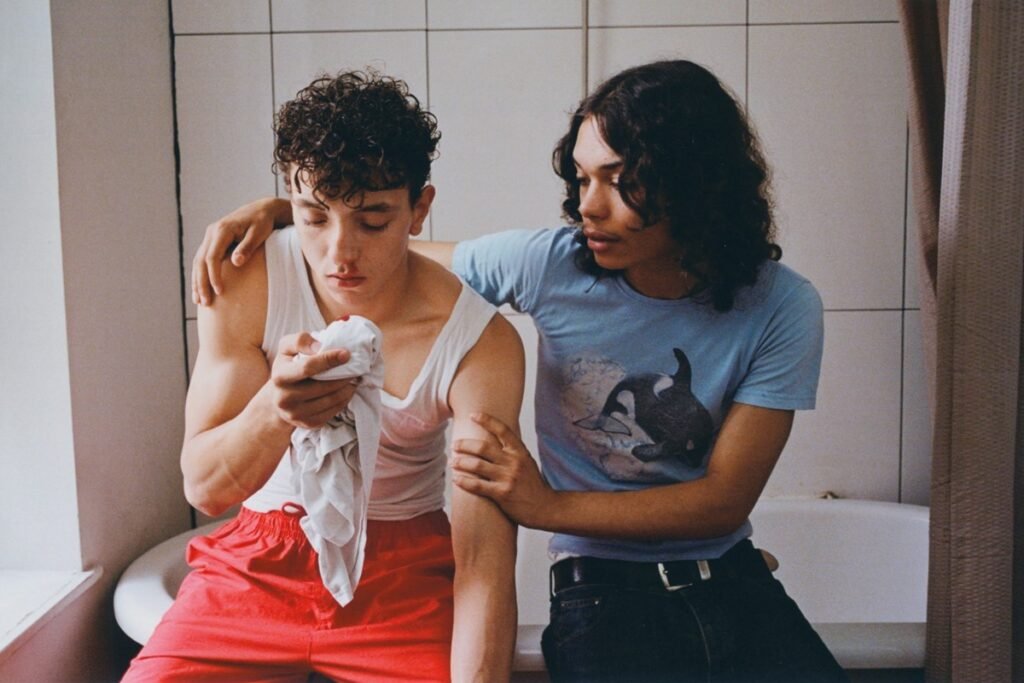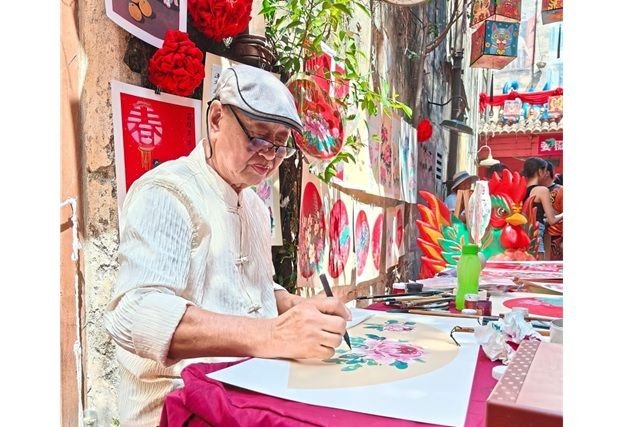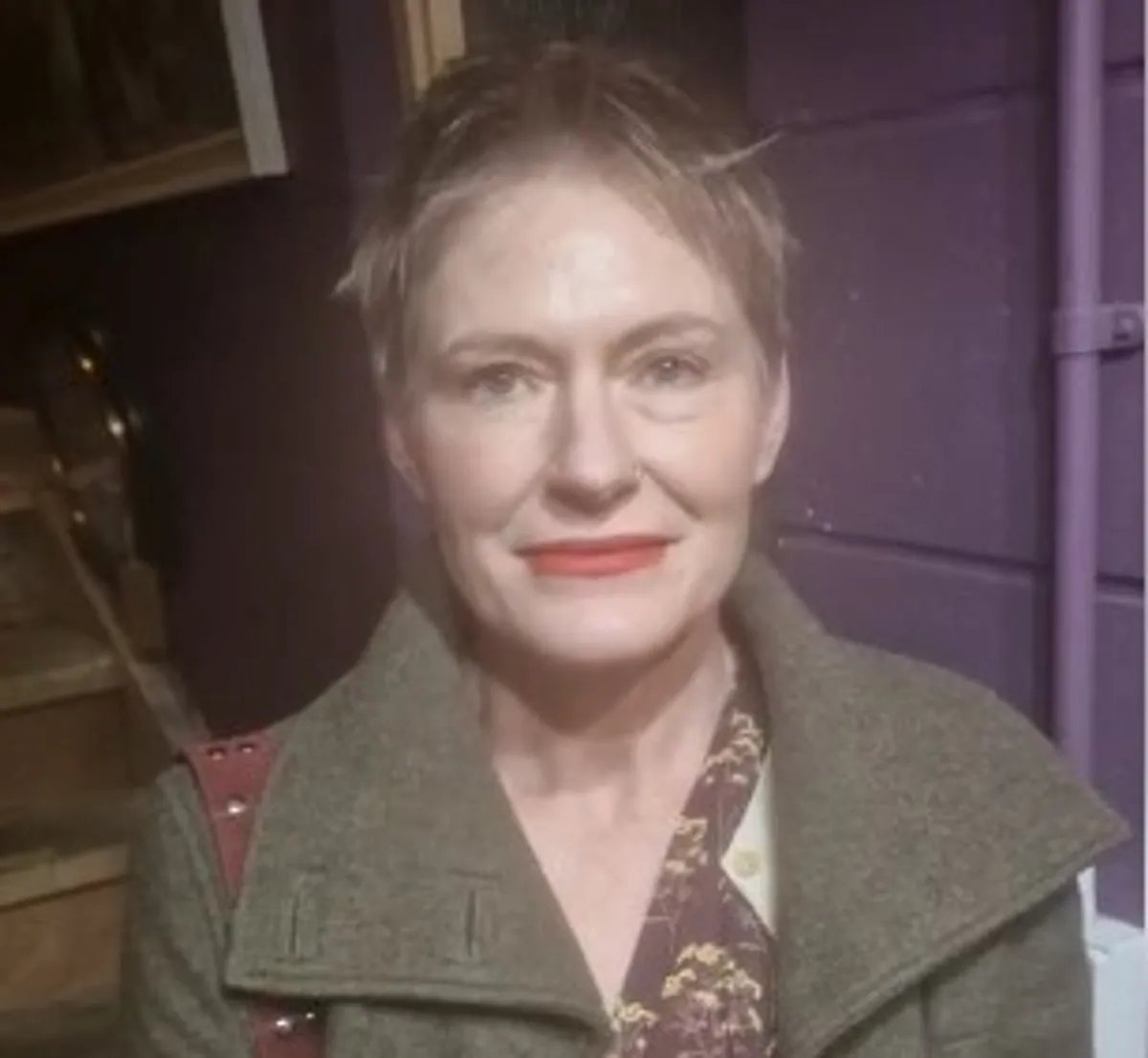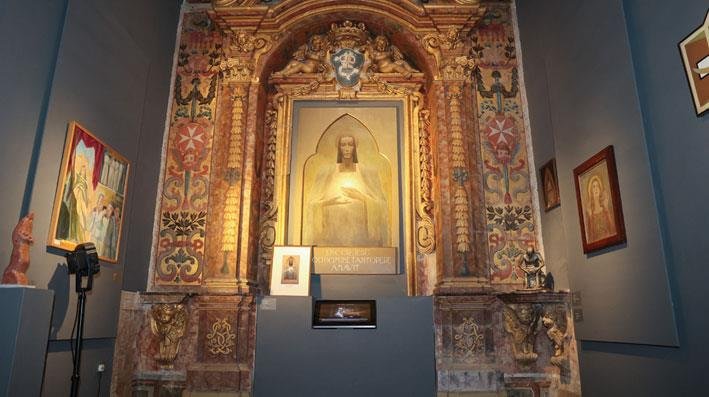Cy Klock and Nico Carmandaye’s new zine Play/Fight explores the delusions and homoeroticism of straight masculine culture
For German photographer Cy Klock and Polish stylist-filmmaker Nico Carmandaye, their zine Play/Fight is a form of wish fulfilment. Like so many queer people, both had fluctuating relationships with masculinity as kids and they decided to channel their experiences into Play/Fight. “I am a little obsessed with the homoeroticism of straight masculine culture and its self-delusion,” Klock explains.
The pair met when they worked on a zine Carmandaye created and they discovered they overlapped when it came to their thoughts on men. “We met for a coffee and started chatting about how weird straight men are to us,” Carmandaye says. “We wondered what they do when they are on their own and how they behave – and I think the idea was born.”
Klock has had a long-term fascination with the softer and harder edges of masculinity. “I have been interested in visual embodiments of masculinity and generally in the performativity of gender for a long time,” Klock says. “Especially in the moments when something shifts into the ambivalent and fragile or soft.” Carmandaye was a fan of Klock’s approach to photographing men and thus the zine was born.
Play/Fight is gently lit and shot mostly outdoors, seemingly taking place on one long summer’s day. There are boys in football strips, boys wrestling, boys with bloody noses, boys reclining onto each other. It is, appropriately, as playful as it is intimate; Klock was inspired by photographers like Collier Schorr, Torbjørn Rødland and Jeff Wall. For Carmandaye, who was in charge of casting, he wanted to cast “boys I would like to be friends with or guys I wish I was more like”. Everyone was styled to reflect the model’s personality and appear as if they were wearing their own clothes.
Carmandaye has been hounded by expectations around masculinity his whole life. “When I was younger, I always felt I wasn’t masculine enough, and I was ashamed of that,” he says. “Then when I got older, moved to London, and started fully exploring my queerness, I was ashamed of being too masculine and wanted to rid myself of any of it. Now, I think I am trying to reclaim it and make it my own.”
Klock explains that they had a “positive relationship” to masculinity growing up but their understanding of it has shifted over the years. “A friend told me once how as a girl dating a guy, it feels like you will never be loved with the same depth with which he loves his bros,” they say. “There is a lot of sweetness in this bond of friendship. Simultaneously it seems tragic, even a bit comical, in its intertwinement of self-censorship and its love language of playful competition.”
There’s a vicarious element to Play/Fight, with its tender vignettes representing something of a masculine ideal for the pair. “I felt like the zine was some sort of fan fiction,” Carmandaye says. “I always wondered what would have happened if I played football like all the other boys in my class.” The title was also taken from childhood, directly from an experience Klock had when they had to fight a girl in their class in order to join her club. Klock lost but was still allowed to join; “I just find it so funny, the play acting, the competition, how badly we both wanted to overpower each other, as if we were fighting back against each other’s pull.”
Ultimately, Klock explains, Play/Fight is intended to push back against your assumptions about men. “My favourite works of photography are the ones that make the viewer question their own projections,” they say. “For example, when a gesture of intimacy seems transgressive, it leaves you wondering if it’s your projection and why you assume what you assume.”
Play/Fight is available to order now. DM Cy Klock here to request a copy.






